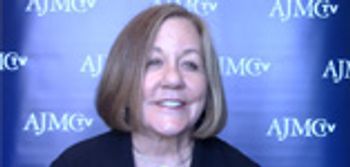
The United States is closer than it has ever been to considering a single-payer health system. Patricia Salber, MD, MBA, of The Doctor Weighs In, discusses how a single-payer system economically makes sense.

The United States is closer than it has ever been to considering a single-payer health system. Patricia Salber, MD, MBA, of The Doctor Weighs In, discusses how a single-payer system economically makes sense.
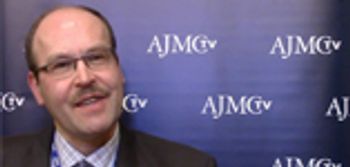
Increased risk arrangements have placed more accountability on the provider’s part when it comes to a patient’s care, said Albert Tzeel, MD, MHSA, FAAPL, regional medical director of senior products at Humana.
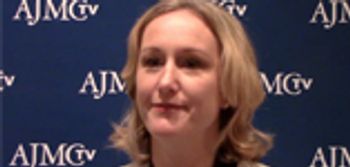
Although cancer care costs are rising, it is proportional to the total utilization of healthcare resources and spending growth is happening more in areas that have seen innovation, explained Debra Patt, MD, MPH, MBA, director of public policy at Texas Oncology.
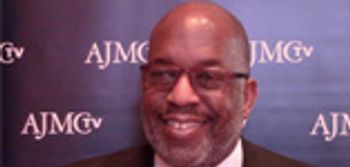
With the development of Kaiser Permanente’s new medical school comes an emerging philosophy to more directly align medical education with the industry’s current transition to more integrated, holistic approaches to care, said Bernard J. Tyson, chairman and CEO of Kaiser Permanente.
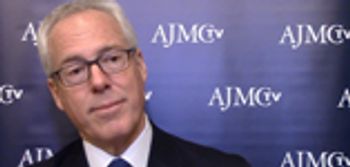
Incorporating big data is essential as it can help explain failures in medical practice, accumulate patient information, and perform a variety of other useful functions, explained Lonny Reisman, MD, CEO of HealthReveal.
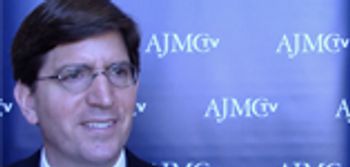
While speaking at the National Association of Accountable Care Organizations Spring 2016 Conference, Stephen Nuckolls, CEO of Coastal Carolina Quality Care, said that fair and transparent benchmarks are important in creating successful ACO programs.
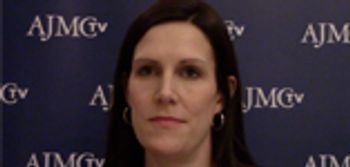
While some insurers are questioning the sustainability of the Affordable Care Act health insurance markets, Erica Hutchins Coe, partner and co-leader of Center for US Health System Reform at McKinsey & Company, said that carriers continue to see new entrants on their exchanges, which she believes makes for a promising future.
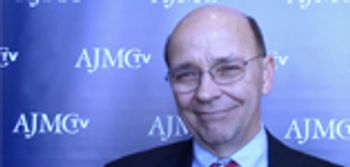
Though the implementation of the Affordable Care Act has introduced various beneficial provisions for the American public, Joe Antos, PhD, the Wilson H. Taylor Scholar in Health Care and Retirement Policy at the American Enterprise Institute, said that he still sees room for improvement.
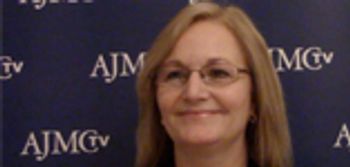
A statewide all-payer claims database would permit more insight into what’s happening with cost and quality of providers, and possibly transform healthcare payment, explained Karen van Caulil, PhD, president and CEO of the Florida Health Care Coalition.
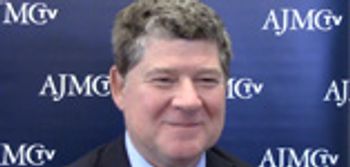
Jay Sheehy, senior vice president of product innovation at EmblemHealth, explained that being able to tailor your message to specific patient populations will help to better engage consumers, which will prove to be more successful for healthcare companies in the long term.
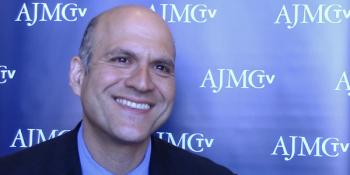
One of the biggest concerns Farzad Mostashari, MD, chief executive officer of Aledade, has about accountable care organizations, is that they are going to experience backlash similar to what managed care has received in the past.
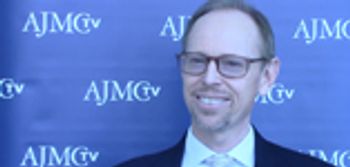
While discussion of value frameworks has grown in academic and policy meeting settings, physician education on the subject is still in its very early stages, said Steven D. Pearson, MD, MSc, president of the Institute for Clinical and Economic Review.
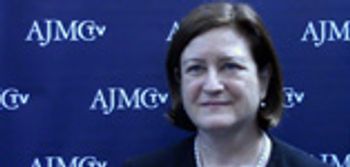
According to Kelly J. Clark, MD, MBA, president elect of the American Society of Addiction Medicine, payers and pharmacy benefit managers can aid in patient access to the medication they need to treat addictive disease by ensuring an evidence-based prior authorization protocol, just as they would for a patient with a chronic disease.
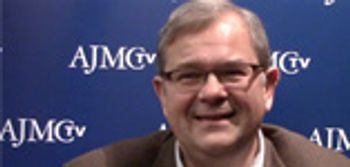
Michael Kolodziej, MD, national medical director for oncology strategy at Aetna, said that the evaluation of academic medical centers has allowed the company to examine what lies at the heart of creating optimal patient outcomes and experiences.

The key in developing core sets of quality measures is looking at coordination of care, cost of care, and quality of care, as methods that all work simultaneously together, explained Marilyn Tavenner, president and CEO of America’s Health Insurance Plans. However, she added that creating a small amount of measures centered upon core conditions and directly tied to outcomes is far more beneficial than creating a hundred new measures.

Aparna Higgins, senior vice president of Private Market Innovations and Center for Policy and Research at America’s Health Insurance Plans (AHIP), explained that CMS and AHIP’s recent release of set core quality measures was an effort to help harmonize the varying types of measures that already exist as well as to focus in on quality improvement efforts.
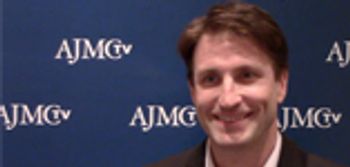
According to Alan Balch, PhD, CEO of the Patient Advocate Foundation, having a common language that is centered on the patient is crucial when stakeholders come together with various value frameworks. Ultimately, he said it’s these value frameworks that are going to steer the patients in one way or another.
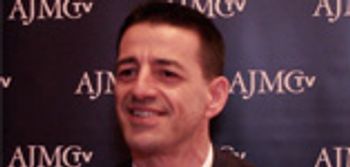
The last 6 months have been considered by many as a historic moment for interventions that focus on the social needs of patients, explained Rocco Perla, president of Health Leads.
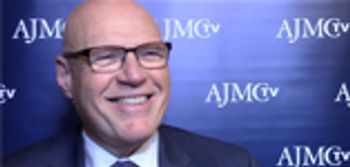
For as much as penalty programs for hospital readmissions have created challenges, they’ve also created awareness, said Stephen Rosenthal, chief operating officer of The Care Management Company at Montefiore Medical Center.

It is important that health insurers fully understand the populations and demographics they are working with in order to effectively engage their consumers, said Jay Sheehy, senior vice president of product innovation at EmblemHealth.

More insurers are moving towards alternative payment and delivery models, but the transition needs to happen a lot quicker, explained Michael E. Chernew, PhD, during a panel discussion at the ACO & Emerging Healthcare Delivery Coalition Spring Live Meeting.

In order to get physicians engaged and involved in accountable care organizations (ACOs), it is important to educate them on the mission and understand that the organization is looking to improve, not ration, care, Stephen Nuckolls, CEO of Coastal Carolina Quality Care, explained at the National Association of Accountable Care Organizations Spring 2016 Conference.
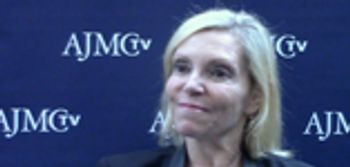
Genomics are important in determining cost effectiveness because they ensure that the right agents are being used on the patients for which the treatment was intended, explained Renee JG Arnold, PharmD, RPh, practice lead for health economics and outcomes research at Quorum Consulting, Inc.

The American Enterprise Institute (AEI) released its own plan for making improvements to the healthcare system, which included ideas such as premium support for Medicare, explained Joe Antos, PhD, the Wilson H. Taylor Scholar in Health Care and Retirement Policy at AEI.
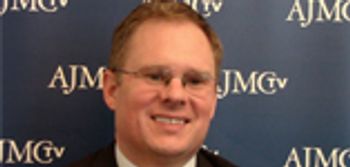
Bringing up palliative care is inherently difficult for providers, because it means bringing up death and dying, said Toby C. Campbell, MD, MSCI, associate professor of medicine, hematology-oncology at the University of Wisconsin School of Medicine and Public Health.

According to Marilyn Tavenner, president and CEO of America’s Health Insurance Plans, consumer and provider education plays a large role in the healthcare system’s transition to alternative payment-models and value-based care. Affordability is the operative word, for which Tavenner expects to be insurers biggest challenge in the coming future.

Healthcare informatics have improved education programs and initiatives as patient data becomes more open. However, data should be more widely shared, especially between employers and clinical providers, in order to better eliminate barriers to care access, said Karen van Caulil, PhD, president and CEO of the Florida Health Care Coalition.

Consumers should be actively engaged with their health coverage, so they will not only be informed of fines that may incur if they do not enroll, but also so that they are also aware of any new plans for the coming year that may best fit them and their family, said Jennifer Sullivan, director of the Best Practices Institute at Enroll America.

Recently, McKesson Business Performance Services and Blue Cross Blue Shield of Arizona partnered to form ACO Partner, a shared savings program focused on improving outcomes and costs.

Since the implementation of the ACA, health plans have been moving towards more managed, narrower plans. In addition, Erica Hutchins Coe, partner and co-leader of Center for US Health System Reform at McKinsey & Company, said that she has seen a progression of younger, healthier adults moving into the marketplace.

259 Prospect Plains Rd, Bldg H
Cranbury, NJ 08512
© 2025 MJH Life Sciences®
All rights reserved.
